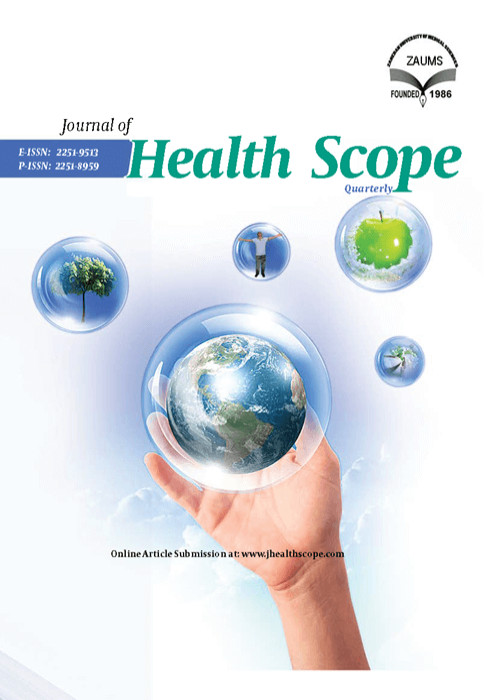An Exploratory Research to Assess Total Nutritional Knowledge of Students at the University of Lahore, Pakistan
Good nutrition is imperative to achieve a better health status. The rate of obesity and related comorbidities is increasing all over the world. The main reasons behind this worse situation are the overconsumption of food groups or exceeding the recommended portion sizes. University life is a period when students are independent in making their food choices. The chances of adopting unhealthy eating behaviors are increased during this tenure. Nutritional knowledge is an important tool in assessing the nutritional status of an individual, group, and community.
The main objective of the current study was to assess the nutritional knowledge of university-going students.
The pre-tested questionnaire was used to collect the data from the students of the University of Lahore, Pakistan. A total of 300 students participated in this study (150 from the Nutrition Department and 150 from the non-nutrition departments). Demographic data, anthropometric measurements, and total nutritional knowledge (TNK) scores were measured during the 4-month study duration. Additionally, gender-and department-based comparisons of various parameters were performed. The mean TNK of the Nutrition Department students was higher (34.89 ± 0.95/58) than non-nutrition departments (24.05 ± 1.00/58) (P = 0.01). Additionally, the mean TNK of female students was higher (28.53 ± 1.28/58) than male students (27.05 ± 1.27/58) (P = 0.03). Moreover, 61% and 63% of nutrition students were familiar with the relationship between high intake of salt and fats with chronic diseases, respectively.
A statistically significant relationship was not observed between gender (P = 0.78) and departments (P = 0.10) with body mass index (BMI). This finding shows that nutritional knowledge alone is not a predictor of the nutritional status (BMI) of an individual. Students, even from the Nutrition Department, failed to transform their knowledge about nutrition into healthy food choices and eating practices.
It is necessary to initiate nutrition education programs emphasizing making healthy food choices. Moreover, nutritional knowledge related to dietary guidelines should be incorporated into daily life to remove the disease burden associated with obesity.
- حق عضویت دریافتی صرف حمایت از نشریات عضو و نگهداری، تکمیل و توسعه مگیران میشود.
- پرداخت حق اشتراک و دانلود مقالات اجازه بازنشر آن در سایر رسانههای چاپی و دیجیتال را به کاربر نمیدهد.


